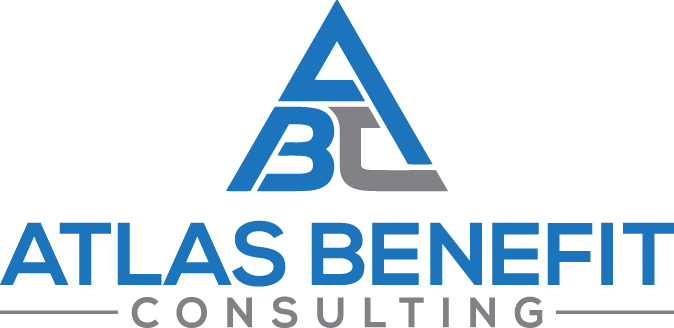Treatment for Depression
Last week’s post touched on the commonality, symptoms, and different types of depression. If you missed it, get caught up by visiting the post here!
Another step to understanding depression is to break down some of the options for getting help and treating it. If you feel you may be struggling with depression, please do not stay silent. Reach out and get help one way or another!
Medical/Professional Help
It is really important to see a medical professional about your depression. Around 80-90% of those who suffer from depression see a big improvement once they are working with a medical professional and counselor or therapist. Here are the most common and recommended treatment options for depression:
- On-line or in-person mental health therapy
- Cognitive Behavioral Therapy
- Seeing a psychiatrist
- Medications for depression (under a medical professional’s care)
Challenge the Way You View Depression/Staying Connected:
- Accept it. It is an illness, NOT who you are. Acceptance is powerful.
- Stop beating yourself up. You are no less worthy for struggling with this!
- Identify negative thoughts and beliefs you have. Write them down and challenge them. Turn those negative thoughts and beliefs into rational, positive thoughts and truths. (Doing this with a therapist can be very helpful.)
- Have a positive routine. Even when you don’t feel like it, try to stick to your routine.
- Have positive social connections and interactions.
- Be a part of a community group that meets or talks regularly.
Lifestyle Changes
These are not a substitute for seeing a professional and getting help, but some of these lifestyle choices can further help:
- Getting enough sleep
- Regular exercise
- Decreasing or eliminating alcohol (which is a systemic depressant) and substance use
- Eating a more balanced, healthy diet. Here is an article about a study with diet changes for those with depression.
- Practice gratitude. Many people find this practice cheesy at first, but over time it can be a powerful help in changing thought processes. Write down 3 things each day you are thankful for. When you wake up, no matter what you are feeling or thinking, say out loud 3 thinks you are thankful for. When you go to bed, do the same. Practicing that verbally and writing it down is scientifically proven to change brain behaviors and pathways.
- Learn about mindfulness and meditation. There is an app called “Mindfulness Coach” that was developed to help veterans and service members. You can find the link here. Read more about mindfulness here.
How to Get Help NOW:
- Help is available. There is no shame in reaching out and getting help. It takes courage – and it’s worth it!
- If you’d like to chat online confidentially with someone about your depression, go here.
- Take the VA’s Self-Check Quiz to help you see what your symptoms could indicate. Take the quiz here.
- Find LOCAL resources here.
- Read more about different treatment options for depression here.
- Call 1-800-273-8255 and press 1 to talk to someone.
Read about how mental health is rated here.
Connect With Us
What do we do? We are a team of knowledgeable and supportive consultants specializing in identifying if veterans are receiving their maximum disability ratings and compensation. We can’t guarantee you are eligible for our services, but setting up a free consultation (use the button below) helps us identify if you are. We also want to get you to the right place, so if we are unable to assist, we will connect you with some other resources.
Click Here for Info on Your Free Consultation

